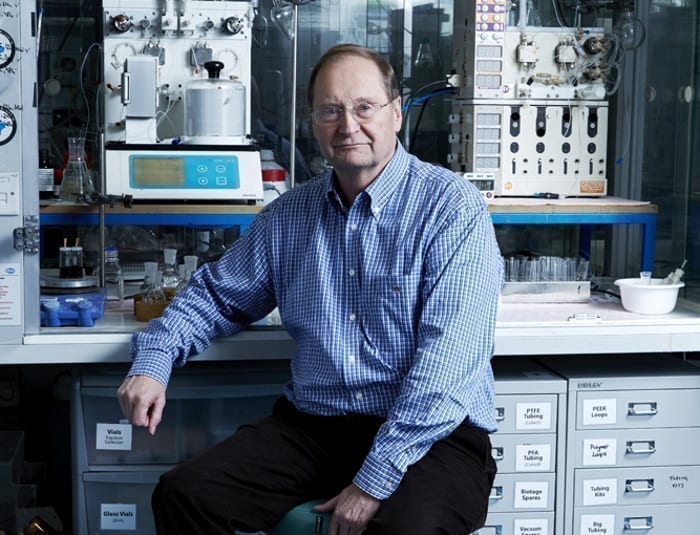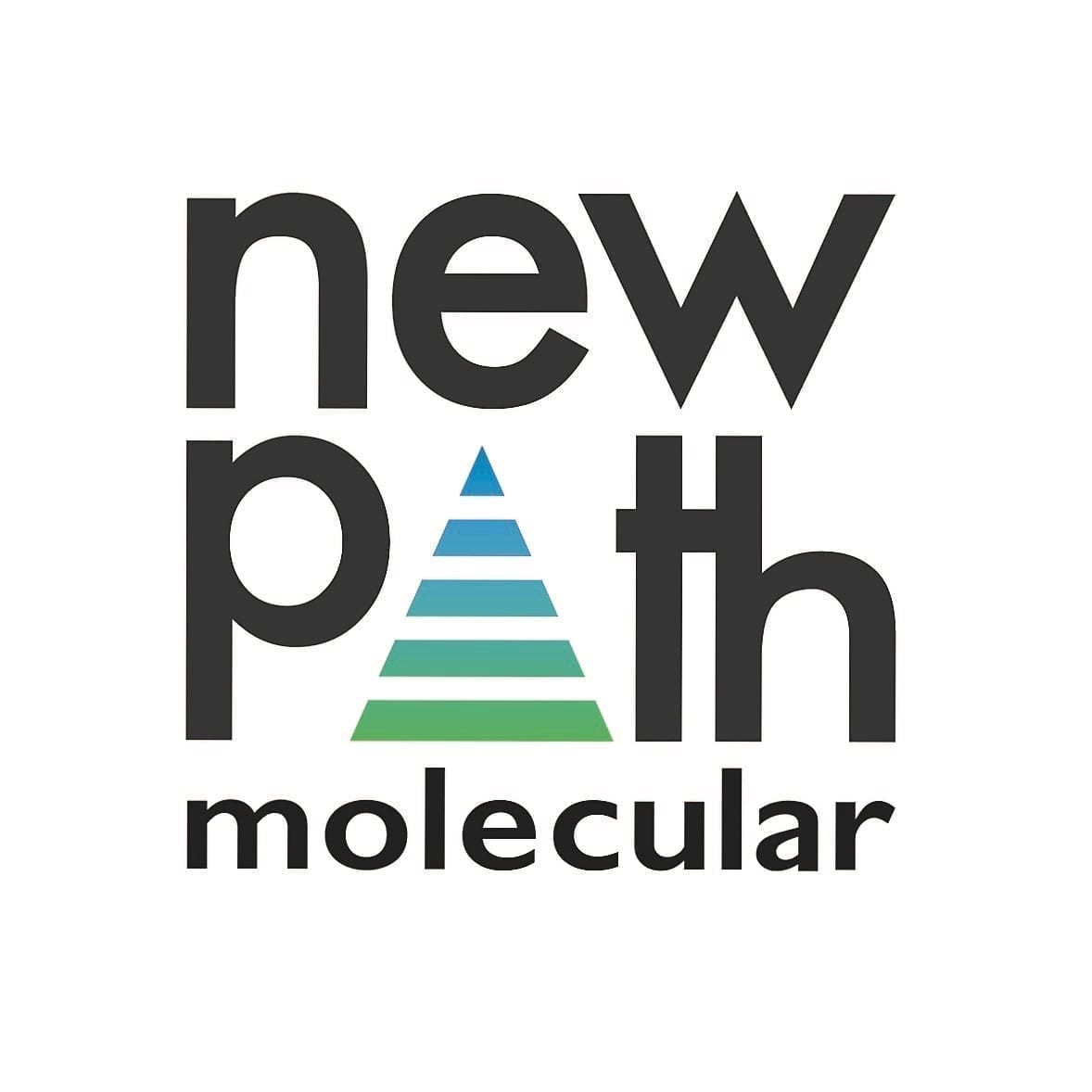High Force Research are pleased to announce an expansion of its technical services with the addition of continuous flow chemistry.
Offered in partnership with specialists in flow chemistry, New Path Molecular, the overarching aim of the partnership is to combine expertise in both batch and continuous flow chemistry to offer better synthetic solutions to the chemical community.
Flow chemistry can be used to gain access to synthetic intermediates or products that would otherwise be inaccessible using standard batch reactors. Furthermore, the reduced manufacture footprint, coupled with the inherent ability to minimise the presence of hazardous species at any one point, means that flow chemistry offers a significant opportunity for scalable quality-driven processes beyond High Force’s conventional batch reactors.
High Force Research has built a solid reputation recognised for its R&D flexibility and innovative approach to complex and challenging projects. With over 32 years in operation, HFR’s core expertise is in chemical R&D, process optimisation, route design, scale-up and GMP manufacture of small molecules for clinical study, typically serving the life-sciences community. However, as chemical structure complexity increases, the methodologies employed to synthesise these architectures becomes more challenging. It is hoped that the integration of enabling technologies such as flow chemistry alongside more traditional reactor setups, will advance the problem-solving capability at HFR.
Stuart Penny, Operations Director commented
“We’re delighted to team up with New Path to offer flow chemistry to the community. High Force Research are continually looking for opportunities to develop our portfolio of services and by collaborating with true experts in the area, we feel that we’re in a stronger position to deliver innovative product solutions to our customers.”

Formed in 2015 as a spin out from the laboratories of Professor S. V. Ley (above), New Path Molecular is an innovation partner for the chemistry-using industries allowing access to functional molecules.


